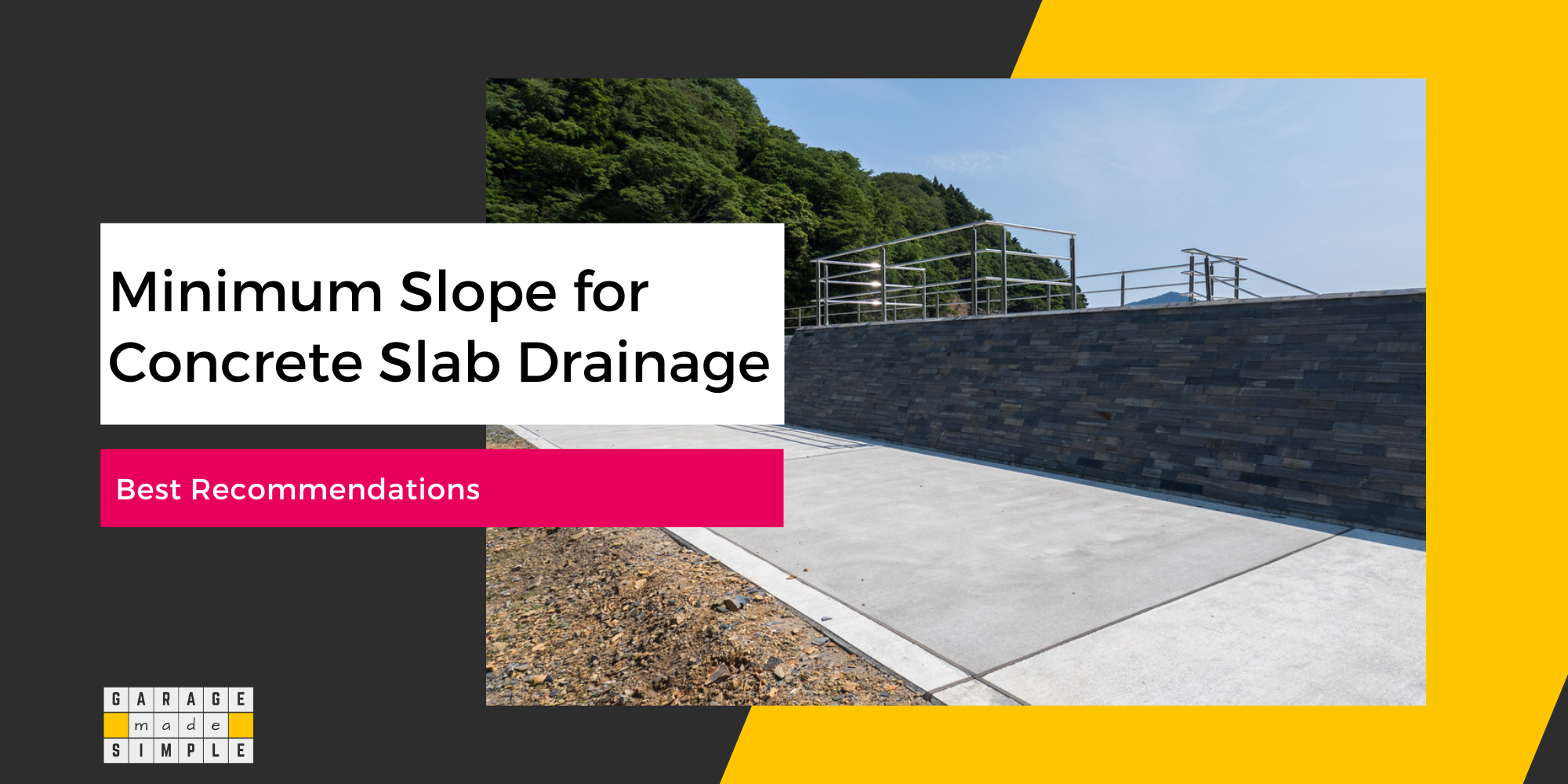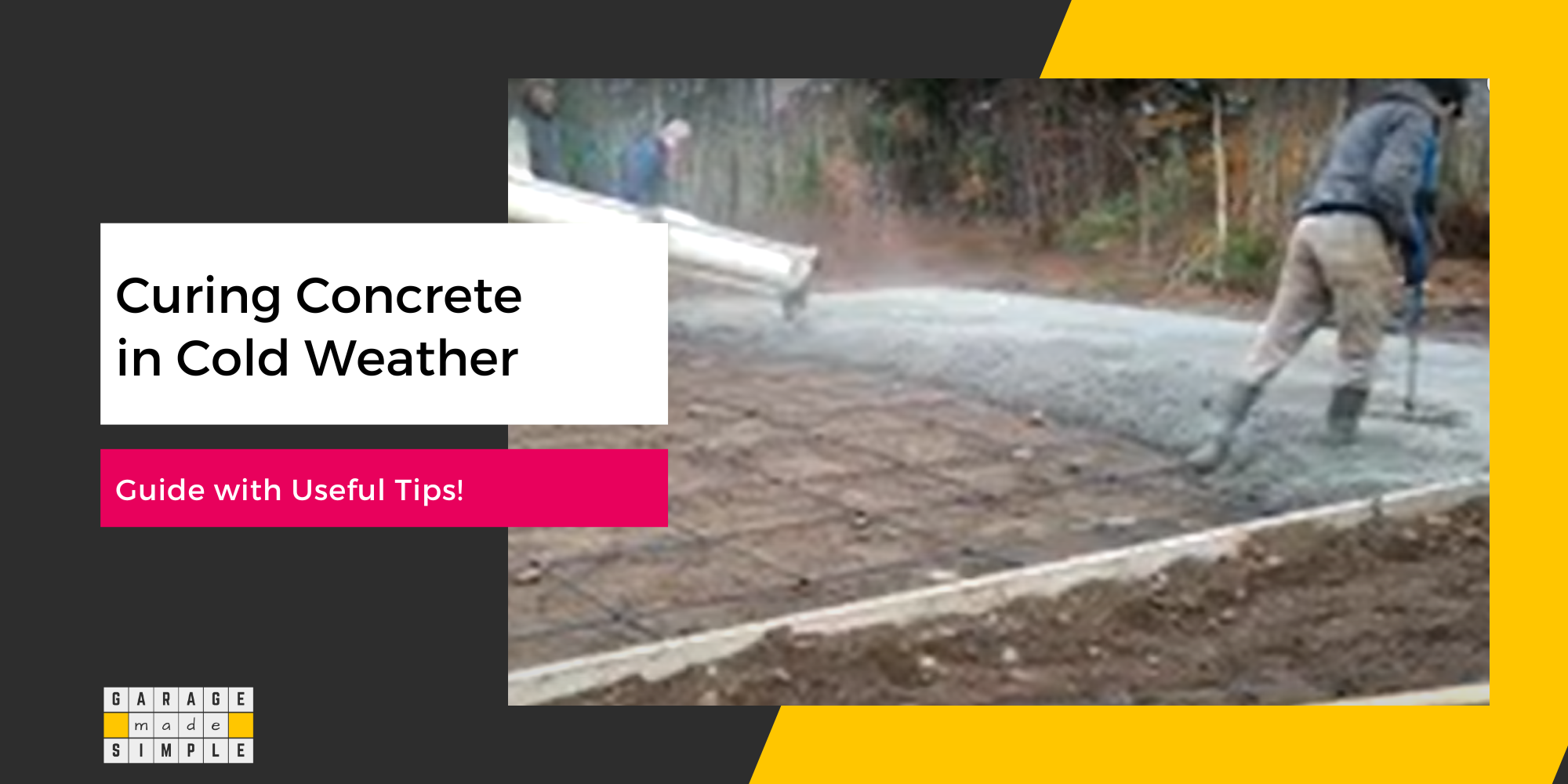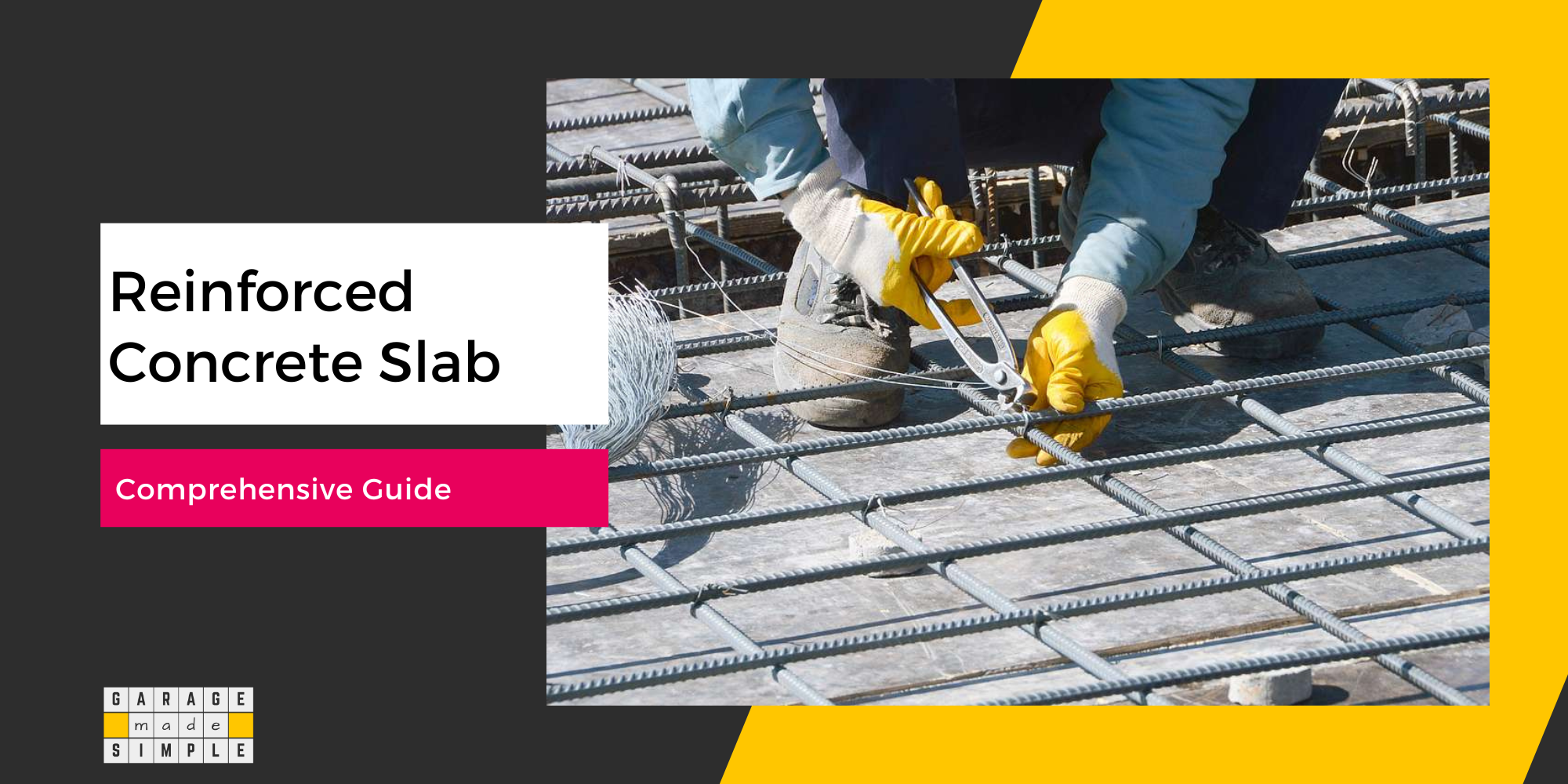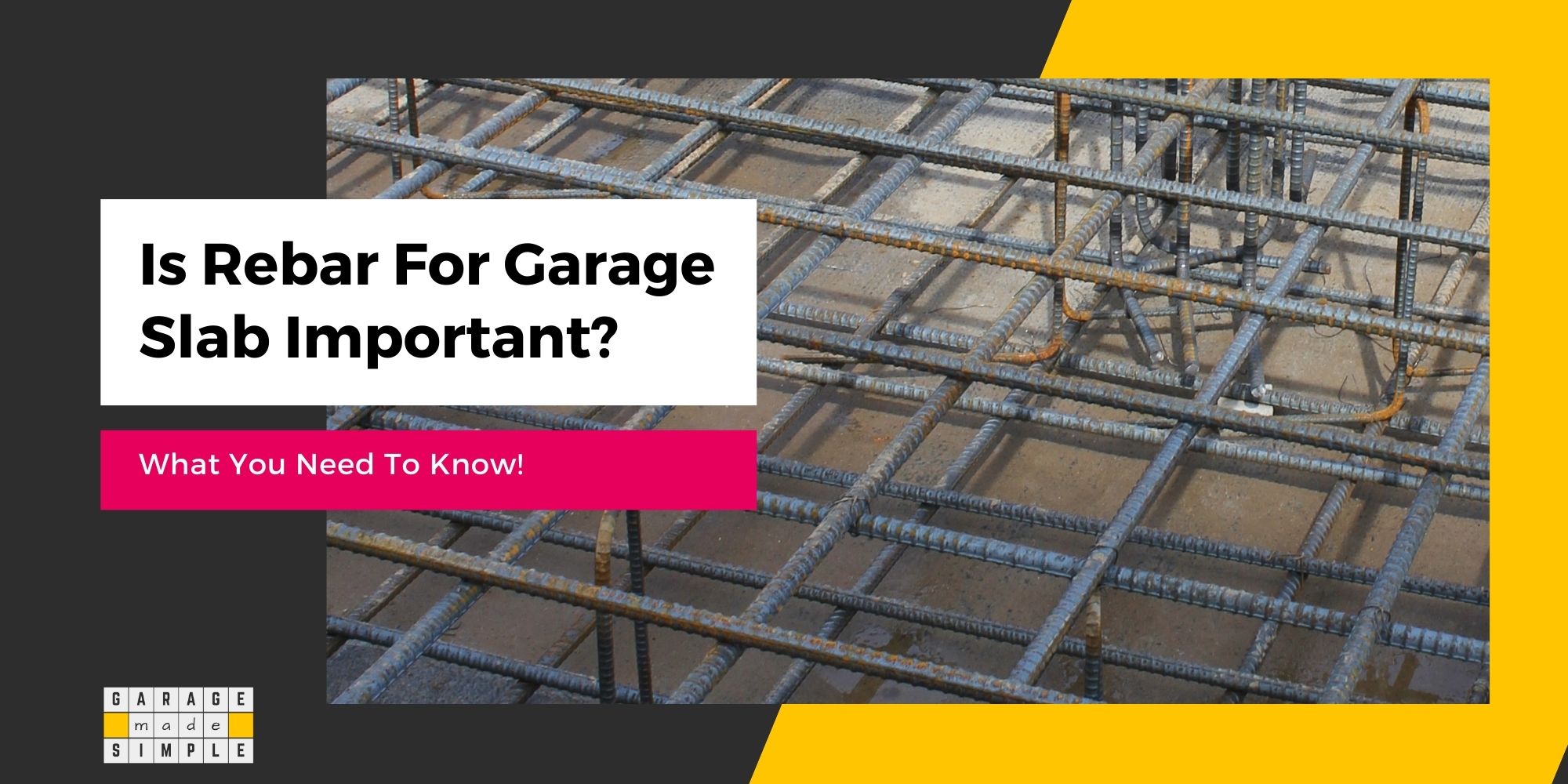Ideal Concrete Thickness for Garage For Best Strength
garagemadesimple.com is a participant in the Amazon Services LLC Associates Program, an affiliate advertising program designed to provide a means for sites to earn advertising fees by advertising and linking to Amazon.com . The website is also an affiliate of a few other brands.

What Should the Concrete Thickness for Garage Be?
The IBC Code specifies that the thickness of concrete floor slabs supported directly on the ground shall not be less than 3 1/2″.
However, the concrete thickness for garage slabs should be at the very least 4″ for light loads, 6″ for medium loads and 8″ for heavy loads.
As the popularity of trucks and SUVs has grown, it is best to go for a garage slab thickness of 6″.
Ultimately the slab thickness is only one of the 10 important factors that determine the floor strength. So keep other factors such as base preparation, quality of the concrete mix and admixtures, reinforcement, etc. in mind too.
What is the Best Base For Slab-on-Grade?
A slab-on-grade rests on the “soil support system” below it and is therefore self supporting. The soil support system consists of three layers as under:
Subgrade is the existing soil. Improve it, if required, by the addition of fresh soil. The soil layer is compacted.
Sub Base is several layers of aggregates on top of the subgrade. The aggregate must be of irregular shape and different sizes. The bigger aggregates go at the bottom and the smaller aggregates stay at the top. The sub base is compacted at each stage.
Base consists of layers of gravel and sand over the sub base. This is smoothed out & compacted.
What’s the Best Concrete Mix for Garage Slab?
The 2021 IRC code requires that compressive strength of the concrete slab should be 2500-3500 psi depending on the garage location on the weathering potential map.
However, practically speaking, the best concrete mix for garage floor should have compressive strength of 3500 psi.
The concrete mix ratio required for this is:
- cement: 1 part
- sand: 2.5 part
- aggregates: 3 part
- and water: 0.5 part
Admixtures, Compaction and Curing Conditions also play an important role in the final compressive strength of the slab.
Why Reinforce Concrete Garage Floor Slab?
Reinforcement provides the tensile strength where concrete is in tension, such as in beams and slabs.
Concrete slabs have very high compressive strength but relatively poor tensile strength. But they are under tensile stress too, mainly because of ground movement.
The most common way of reinforcing concrete slabs is by placing deformed steel bars (aka rebars) or steel wire mesh in the form, before pouring the concrete mix .
However, rebars can not and should not be used if the concrete slab thickness is 4” or less. You should reinforce a 4” thick concrete garage floor by using wire mesh or fiber mesh.
Why Compact Concrete After the Pour?
Compaction of wet concrete after the pour removes air voids, packs the concrete particles together and improves the bond between the concrete and reinforcement.
The benefits of compacting concrete after pouring are:
- Increased strength and durability
- Improved bond between the concrete and reinforcement
- Reduced permeability to water and other liquids
- Reduced risk of cracking and other damage
- Smoother surface finish
- Higher abrasion resistance
Vibrating Screeds, Plate Compactors, Bull Floats, Trowels, etc. are some of the tools commonly used for compaction.
How Does Curing Affect Concrete Strength?
When concrete is poured, it is a pliable mixture. Curing is the process which makes concrete rock solid, strong & durable.
The concrete curing process promotes the formation of a crystalline matrix within the concrete mix due to a reaction between water and cement. This is known as hydration.
Curing helps by
- Retaining moisture as concrete gains strength
- Delaying shrinkage till concrete can resist shrinkage cracks
- Giving concrete strength, durability, water tightness & wear resistance
The rate of water evaporation from the freshly poured concrete slab determines the ultimate strength developed.
Thank you very much for reading the post. I do hope you found it informative and useful.






